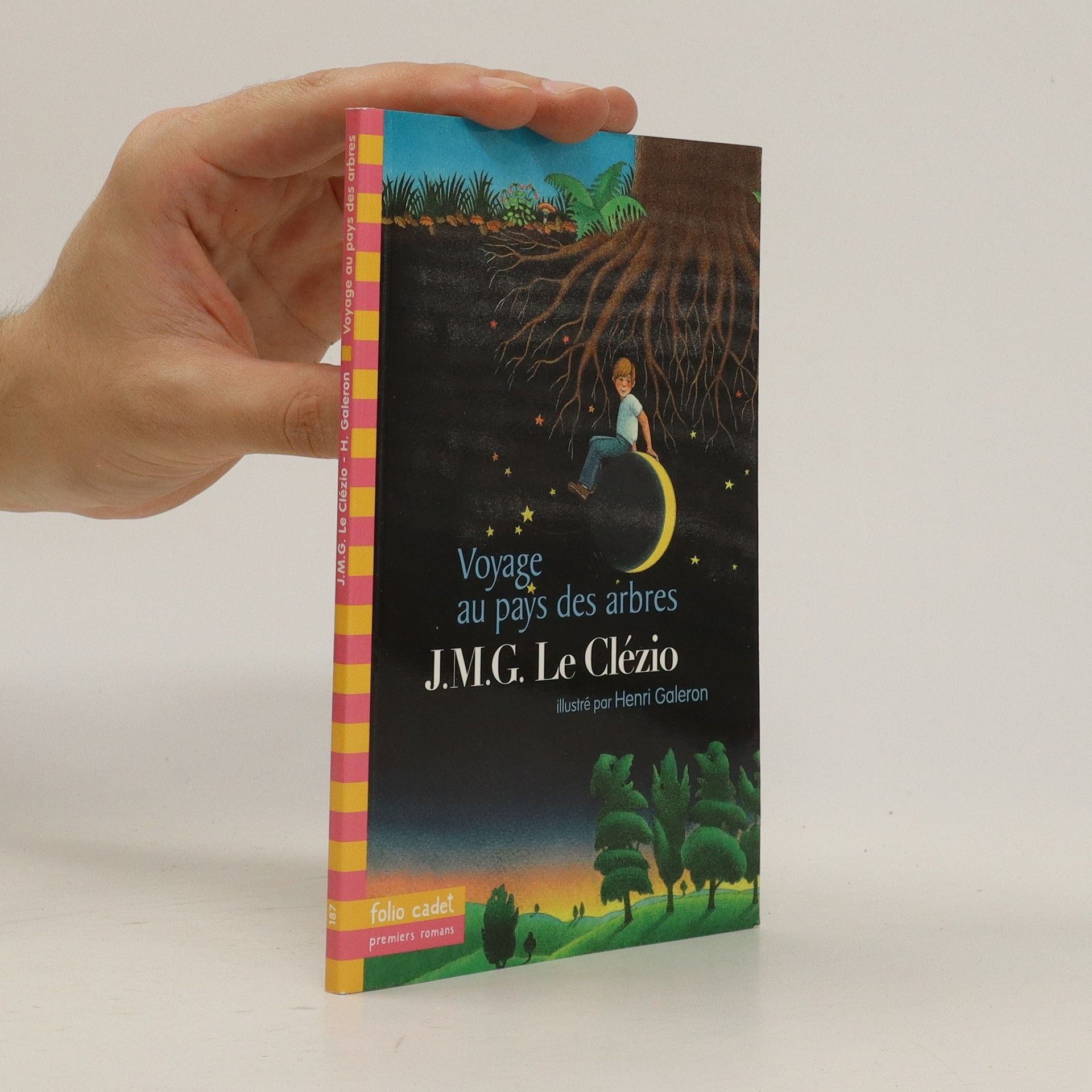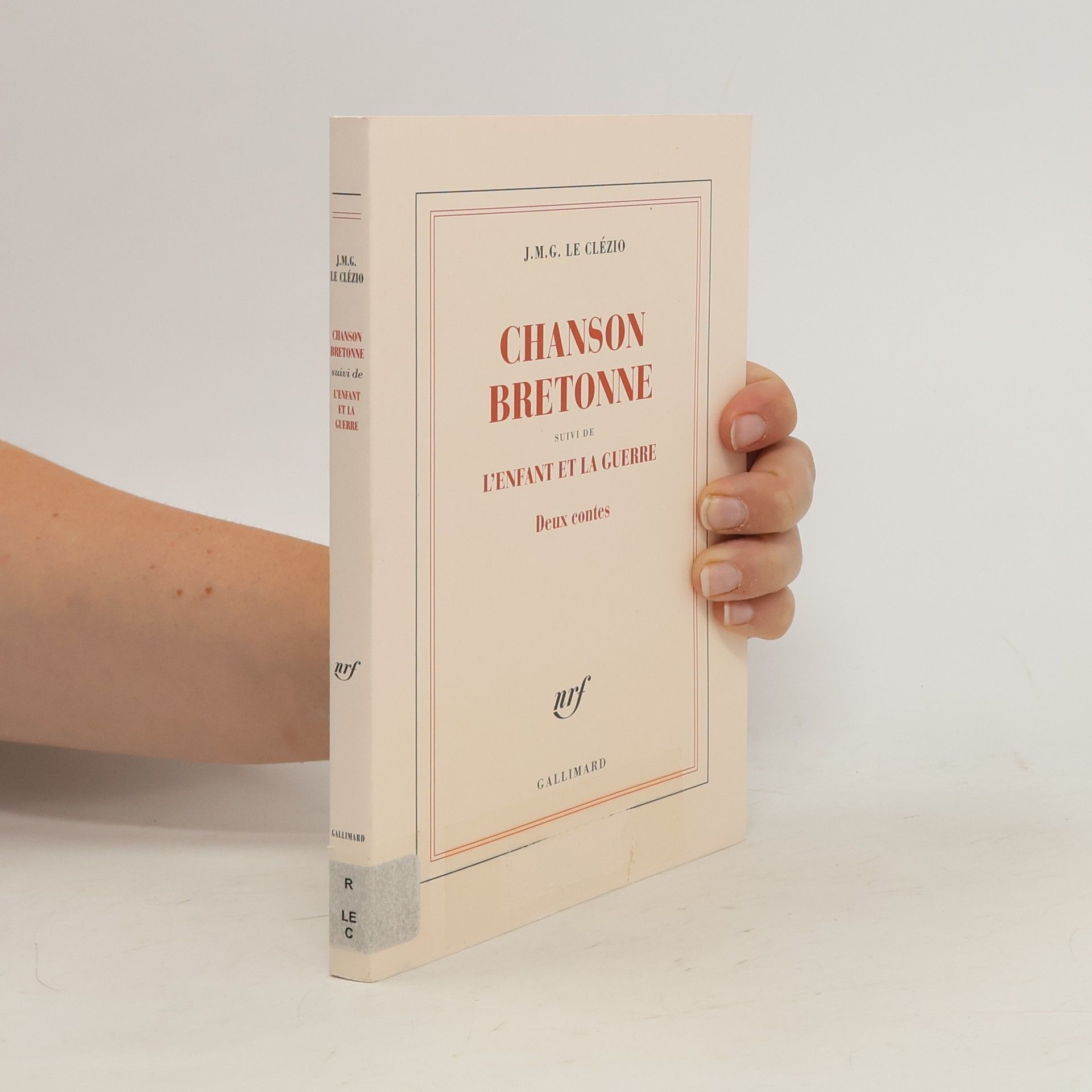Ethel Brun es hija de un matrimonio de exiliados, el formado por Justine y Alexandre, un hombre apuesto e inquieto que dejo muy joven la isla Mauricio y que, en el alegre Paris de los anos veinte y treinta, se dedica a dilapidar su herencia en negocios poco recomendables. En su infancia, Ethel solo disfruta durante sus paseos por la ciudad con su tio abuelo, el excentrico Samuel Soliman, que suena con vivir en el pabellon de la India francesa construido para la Exposicion Colonial. Ya en la adolescencia, Ethel conocera algo parecido a la amistad de la mano de Xenia, una companera de colegio, victima de la Revolucion rusa y que vive casi en la pobreza. La existencia de Ethel empieza a tambalearse cuando, en las comidas que su padre ofrece a parientes y conocidos, se repite cada vez mas a menudo el nombre de Hitler. Seran las primeras senales de lo que amenaza a la familia Brun: la ruina, la guerra, pero, sobre todo, el hambre. Eso marcara el despertar de la joven Ethel al dolor y al vacio, pero tambien al amor, en una novela en torno a los origenes perdidos, durante una epoca que culmino con un Apocalipsis anunciado.
J. M. G. Le Clézio Libros
J.M.G. Le Clézio es un aclamado novelista franco-mauriciano cuya prolífica obra abarca más de cuarenta títulos. Su escritura se distingue por una profunda exploración de la psique humana y del mundo que nos rodea, a menudo haciendo hincapié en la conexión entre la humanidad y la naturaleza. Le Clézio emplea el lenguaje de manera magistral, creando imágenes poéticas y cautivadoras que atraen al lector a sus narrativas. Su obra refleja un compromiso vitalicio con diversas culturas y una búsqueda por comprender las complejidades de la existencia contemporánea.



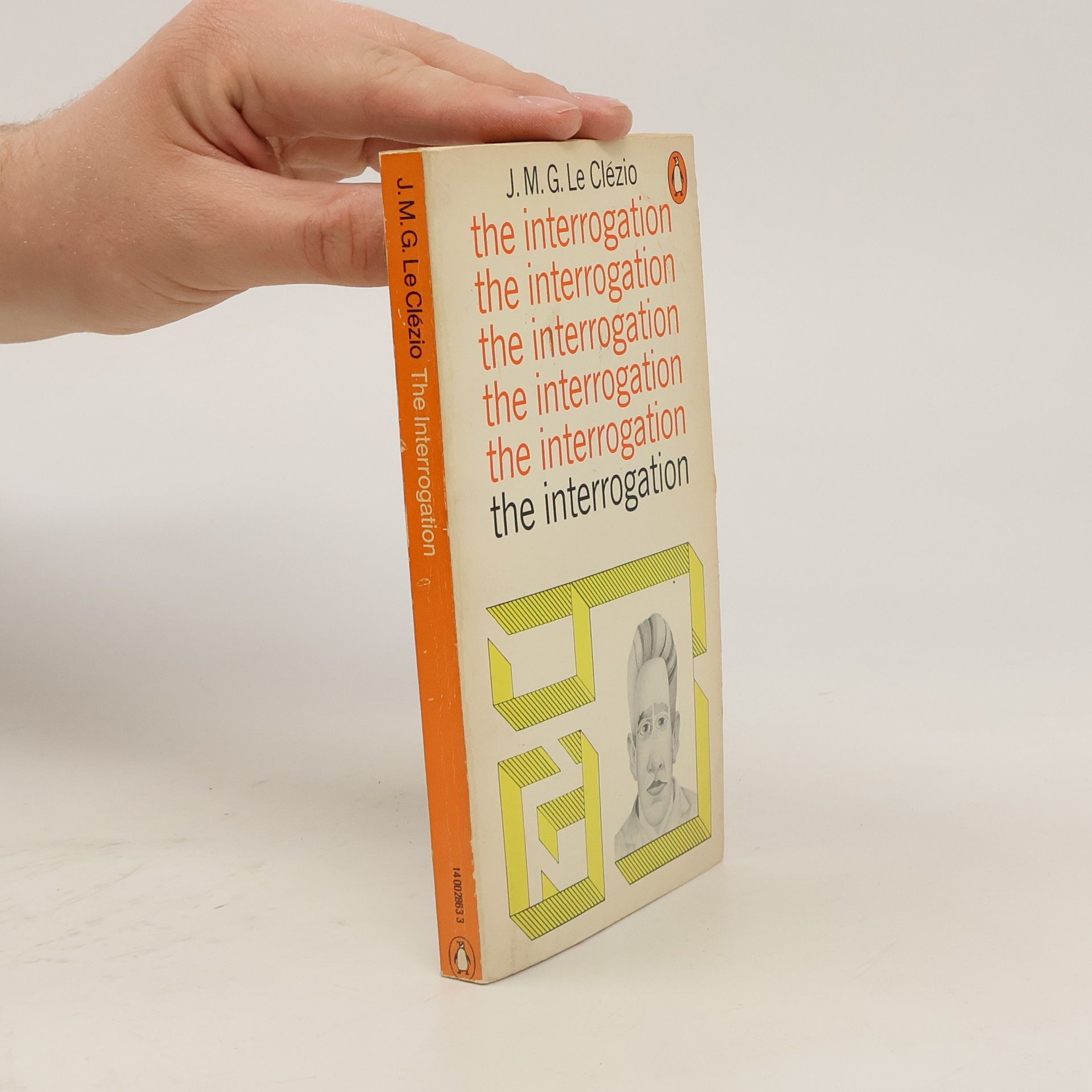

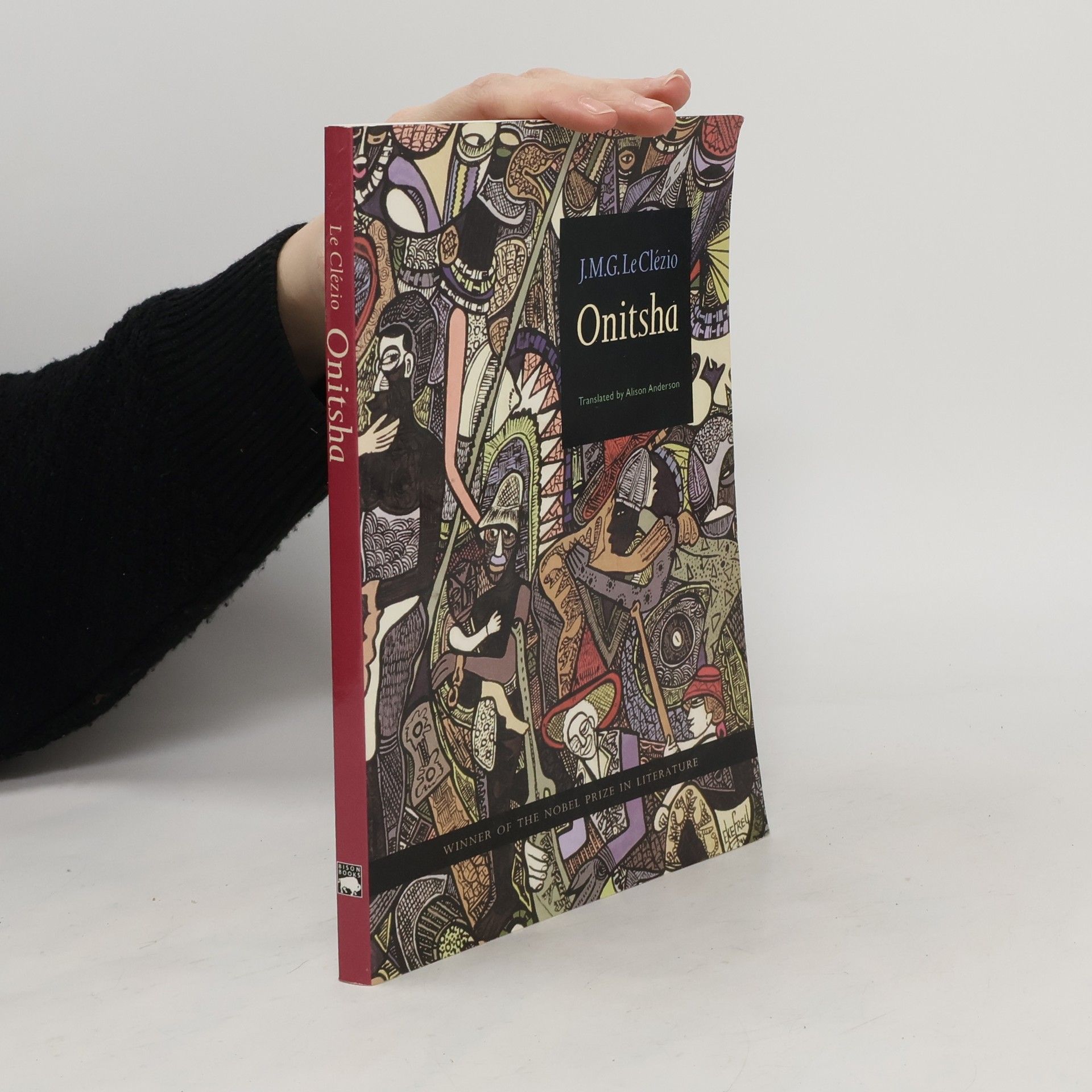
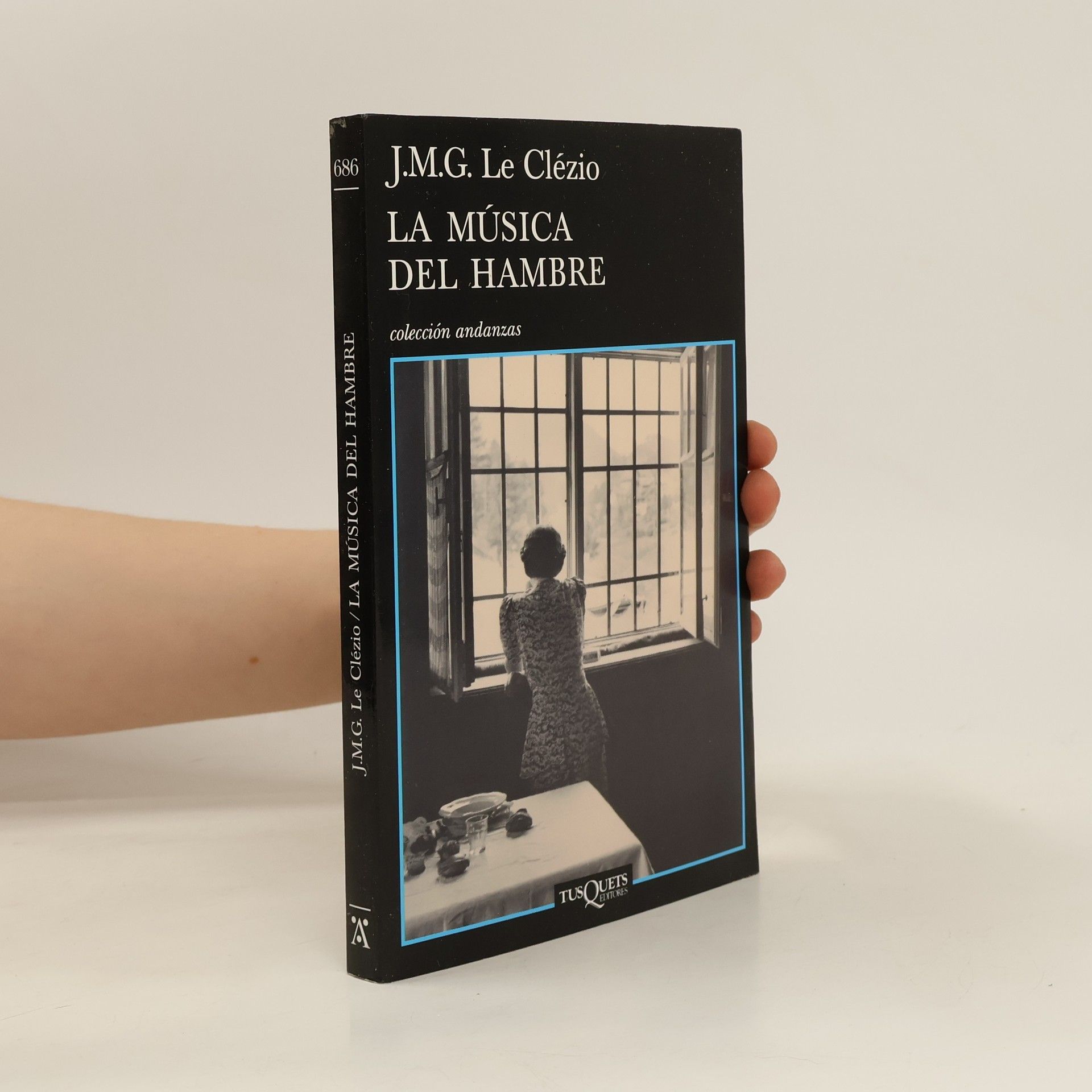
Onitsha tells the story of Fintan, a youth who travels to Africa in 1948 with his Italian mother to join the English father he has never met. Fintan is initially enchanted by the exotic world he discovers in Onitsha, a bustling city prominently situated on the eastern bank of the Niger River. But gradually he comes to recognize the intolerance and brutality of the colonial system. His youthful point of view provides the novel with a notably direct, horrified perspective on racism and colonialism. In the words of translator Alison Anderson, Onitsha is remarkable for its “almost mythological evocation of local history and beliefs.” It is full of atmosphere—sights, sounds, smells —and at times the author’s sentences seem to flow with the dreamy languor of the river itself. But J. M. G. Le Clézio “never lets us forget the harsh realities of life nor the subsequent tragedy of war.” A startling account—and indictment—of colonialism, Onitsha is also a work of clear, forthright prose that ably portrays both colonial Nigeria and a young boy’s growing outrage.
From the WINNER OF THE NOBEL PRIZE IN LITERATURE 'A work of bewitching beauty and humanity' Chinua Achebe 'From that moment on, there was to be a before and an after Africa for me.' In 1948, a young J. M. G. Le Cl zio left behind a still-devastated Europe with his mother and brother to join his father, a military doctor in Nigeria, from whom he had been separated by the war. In his characteristically intimate, poetic voice, the Nobel Prize-winning author relates both the child's dazzled discovery of freedom in the African savannah and the torment of recalling his fractured relationship with a rigid, authoritarian father. Now available in English for the first time, The African is a poignant memoir of a lost childhood and a tribute to a father whom Le Cl zio never really knew. His legacy is the passionate anti-colonialism that the author has carried through his life.
Diese Lektüre besteht aus zwei Erzählungen: "Ariane" und "Rodéo d'or". Im Mittelpunkt der Geschichten stehen Jugendliche, die in einer zunehmend entfremdeten Banlieue (über)leben müssen und irgendwann - als Täter oder Opfer - mit Gewalt konfrontiert werden.
Sturm
Zwei Novellen
Mit viel Einfühlungsvermögen und Sinn fürs Detail erzählt Nobelpreisträger Le Clézio in seinen beiden Novellen von Menschen, die nach schweren Schicksalsschlägen und Zeiten des Verlorenseins die Kraft für einen Neuanfang finden. So wie der Journalist Philip Kyo, der auf der koreanischen Insel Udo einer verlorenen Liebe nachspürt und der schwer an einer Verfehlung in seiner Vergangenheit trägt. Zwischen ihm und der 13-jährigen vaterlosen June entspinnt sich eine besondere Beziehung, die für beide zum Auslöser wird, ihrem Leben eine neue Richtung zu geben. Anders die Geschichte von Rachel aus der zweiten Novelle. Als ihre Familie zerbricht und sie ihr geliebtes Afrika verlassen muss, um nach Frankreich zu ziehen, ist sie gezwungen, sich in einem langen, schmerzhaften Prozess nicht nur nach außen, sondern auch im Verhältnis zu ihrer Familie neu zu orientieren. Meisterhaft oszilliert J.M.G. Le Clézio in seinen Geschichten zwischen Licht und Schatten, Tod und Neuanfang, Wissen und Nicht-Wissen und verleiht seinen Figuren auf diese Weise gleichzeitig Verletzlichkeit und Stärke.
Voyage au pays des arbres
- 48 páginas
- 2 horas de lectura
Un petit garçon qui s'ennuie et qui rêve de voyager s'enfonce dans la forêt, à la rencontre des arbres. Il prend le temps de les apprivoiser, surtout le vieux chêne au regard si profond. Il peut même les entendre parler. Et quand les jeunes arbres l'invitent à leur fête, le petit garçon sait qu'il ne sera plus jamais seul...
Chanson bretonne
- 160 páginas
- 6 horas de lectura
Ein Lied der Erinnerung an eine Kindheit zwischen Meer und Krieg. Der französische Nobelpreisträger Jean-Marie Gustave Le Clézio blickt in seinen autobiografischen Erzählungen auf seine Kindheit und Jugend zurück. Er beschreibt die Urlaube mit seiner Familie in der Bretagne und seine frühen Jahre im besetzten Süden Frankreichs. Diese eindrücklichen Erzählungen, die in Frankreich Bestseller wurden, sind nostalgisch, aber nie sentimental. Von 1948 bis 1954 verbrachte Le Clézio seine Sommerferien in einem von großer Schönheit und Armut geprägten Landstrich. In poetischen Bildern schildert er die Feste, die Natur und die Sprache der Bretagne sowie die Veränderungen, die er als Zeuge miterlebte. Für Le Clézio ist die Bretagne der Ort, der ihm die meisten Emotionen und Erinnerungen schenkte, doch das Land, wie er es erlebte, existiert nicht mehr. In »Das Kind und der Krieg« erzählt er von seiner Kindheit zwischen 1940 und 1945 in Nizza und später in einem Versteck im Hinterland, als die Deutschen den Süden Frankreichs besetzten. Hier vermischen sich Erlebtes, Geträumtes und Erzähltes zu einem berührenden Porträt einer Kriegskindheit, deren Essenz auch heute noch relevant ist.
In neun Erzählungen, die zum Besten gehören, was Jean-Marie Gustave Le Clézio geschrieben hat zeichnet er neun 'Augenblicke des Wahnsinns': Roch, den die Sonnenhitze lähmt, Beaumont, den der Zahnschmerz in die Verzweiflung treibt, das Wunderkind Martin, das die Grenzen seiner zwölf Jahre durchbrechen möchte und von der Normalität auf sich selbst zurückgeworfen wird. Die sprachliche Intensität geht über eine Beschreibung der Erfahrungen der Menschen hinaus, sie erweckt sie zu neuem Leben. Die französische Kritik verglich Jean-Marie Gustave Le Clézios Prosakunst mit der von Jean-Paul Sartre und Albert Camus. Nobelpreis für Literatur 2008.
Révolutions
- 532 páginas
- 19 horas de lectura
Ce n'est pas le paradis qui est perdu, c'est le temps avec ses révolutions. Nice, dans les années cinquante et soixante, était l'endroit rêvé où rendre un culte intérieur et un peu désespéré à l'île Maurice de mes ancêtres. La réalité semblait ne cesser de s'y transformer, des populations très pauvres, venues de tous les coins de l'Europe et de l'Asie, des Russes, des Italiens, des Grecs, des émigrés africains, et les premiers rapatriés fuyant la guerre d'Algérie, s'y croisaient chaque jour, et quelque chose de la fabrication de la pensée classique, c'est-à-dire de la philosophie, y était encore perceptible. Peut-être, à un degré différent et sur un autre mode, ce qu'était Alger ou Beyrouth à la même époque. L'exil, la recherche d'une terre, font partie de ce qui m'a été donné premièrement. Il m'a toujours semblé, comme l'a dit Flannery O'Connor, qu'un romancier doit être porté à écrire sur les premières années de sa vie, où le principal lui a été donné. J.M.G. L.C.
